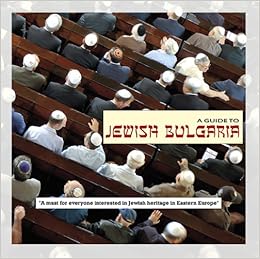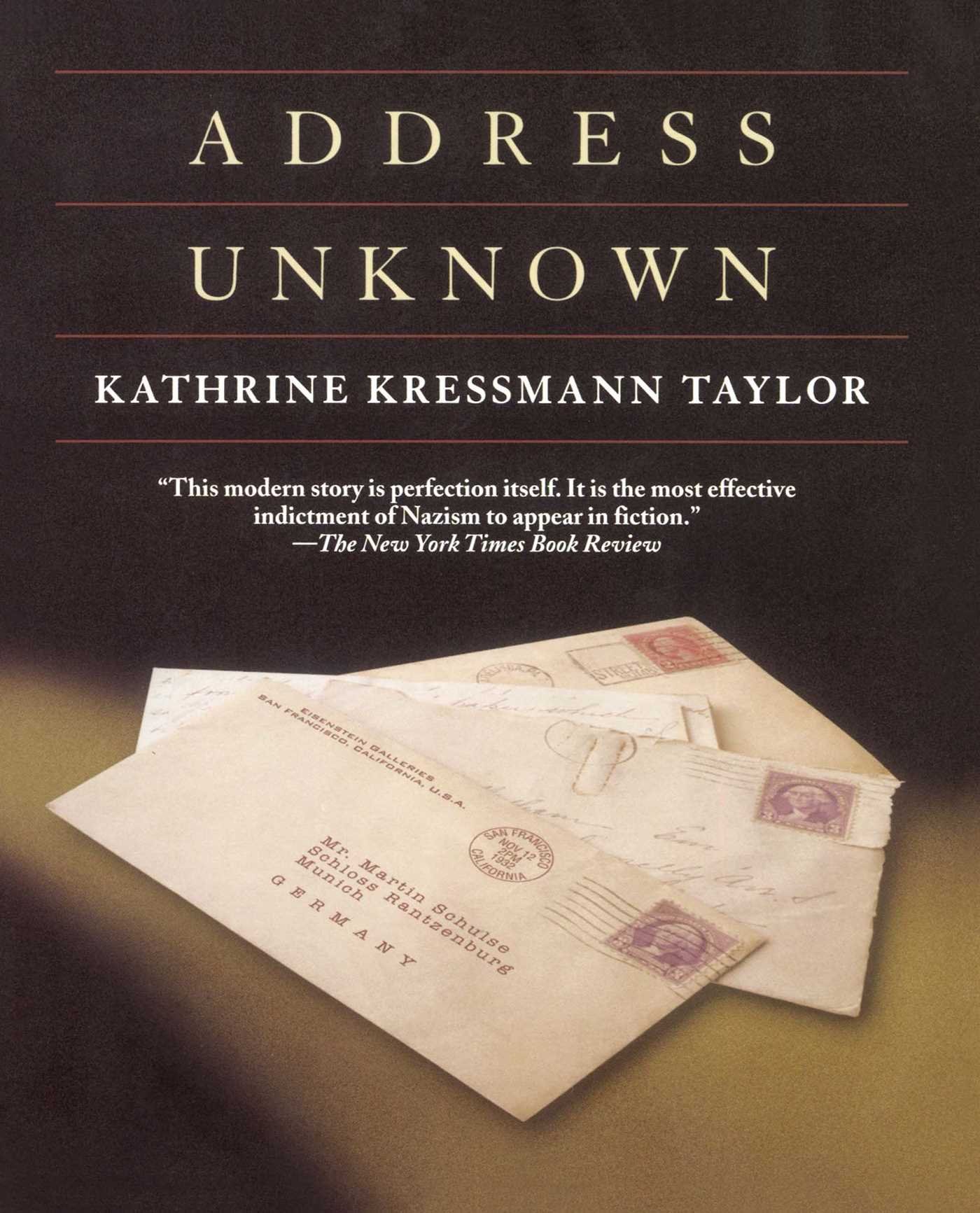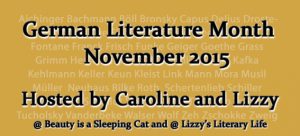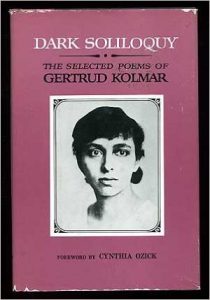
Counterfactual history, i.e. the question “what would have happened if …” the events would not have taken the well-known historical, but another conceivable path, has become in recent years – at least according to my impression – an increasingly popular narrative vehicle in literary fiction. The Nazi era in particular seems to be a prolific territory for this genre, just think of works as diverse as Philip Roth’s “Conspiracy against America”, Timur Vermes’ “Look Who’s Back” or Robert Harris’ “Fatherland”, the work I am reviewing here.
Harris, until then known as a journalist and non-fiction author, reported in detail for the press in the Anglo-Saxon countries about the “Hitler diaries”, which the German magazine “Stern” had “discovered” in the 80s. (These diaries proved of course to be a hoax, and it is difficult to understand how anyone could in all seriousness believe in the authenticity of these amateurishly made up “diaries”.) In the course of his preoccupation with this period, Harris wondered how Europe would have looked like if the Nazis would have achieved their war goals. The result was his first novel “Fatherland”, published in 1992.
Berlin, 1964: The Nazis have won WWII and have created a Europe dominated by the Greater German Reich. The borders of the Reich extend to the Urals, behind which the remains of the Soviet Union, with which there are still border skirmishes, has withdrawn. While 11 million Jews have been “resettled” and then disappeared without a trace (nobody dares to ask questions about this topic), and the Slavic population has been decimated and turned into slave laborers, millions of Germans have taken over the conquered territories in the framework of a huge resettlement program. In these newly conquered territories however, dissatisfaction is rising and partisan raids have reached an increasingly dangerous level. The European Union, a creation of Nazi Germany and of course dominated by it, has its headquarters in Berlin; its members are independent only by name but de facto satellite states of Nazi Germany; a separate peace was concluded with Great Britain and the USA; the only remaining free country on the European continent is Switzerland. Berlin, which has been fundamentally redesigned by Speer according to Hitler’s megalomanic plans, is preparing for the celebrations of the dictator’s 75th birthday (Harris follows in his novel until about 1942 the actual biographies of the Nazi elite and then switches on his “counterfactual mode”.). While some notable Nazi officials such as Goering or Himmler are already dead in the novel, others such as Goebbels – who still requires attractive actresses to come to him for an “audition” – or Heydrich, Hitler’s potential successor, who controls the Gestapo and SD apparatus, are still in office.
This is the backdrop in front of which the plot unfolds, and in the beginning the reader seems to be in a classic detective novel. The corpse of an old man is pulled from a lake near Berlin. Both the identity of the man and the cause of death are initially unknown and it looks first like a routine case for the responsible investigator of the criminal police, detective Xavier March.
However, the peculiarities accumulate in the framework of the investigation, and the experienced March smells soon that there is something fishy about this case (I want to avoid spoilers and will therefore not convey too much of the plot). Having established the identity of the dead – it is a Nazi of the first hour – and March, thanks to the conspiratorial assistance of an old friend who now works in the gigantic party archives, discovers a startling parallel with the recent deaths of other prominent Nazis. The traces of all these deaths lead back to the year 1942, to a villa on the Wannsee, where the organization of the so-called “Final Solution of the Jewish Question” was discussed. Could it be that Heydrich wants to cover up all traces and kill all surviving participants of this conference? And why is March suddenly crossing paths on more than one occasion with Odilo Globocnik, the sadistic and brutal bloodhound of Heydrich? Why is an important eyewitness suddenly dead? Is it all somehow connected with the planned meeting between Hitler and US President Joseph Kennedy (the anti-Semite and father of John F. Kennedy)? After all, since the announcement of a planned pact between Nazi Germany and the United States, the popularity of the US president in the polls has increased so much that his re-election seems certain. (The US Ambassador in Berlin, Charles Lindbergh, also a Nazi sympathizer, certainly is the right man in the right place in Harris’ novel.) Of course, the sudden emergence of documents that prove the full extent of the Holocaust, would be in such a sensitive situation diplomatically more than inconvenient.
The case is withdrawn from March, who is supposed to not uncover the truth; and he becomes a target of the State Police himself; nevertheless, March keeps on investigating in secret and discovers what is at the bottom of all these cases; the situation becomes increasingly dangerous for March, but he has no choice…
The plot is not all that matters in Fatherland. The protagonist of the book who is formally belonging to the SS, but who in the past has been plagued by doubts about the official party line and politics, is increasingly removing himself from the regime he has served for many years. The description of this process is almost as exciting and convincing as the thriller plot itself.
Fatherland is an absolute page turner; after I started reading, I could not put the book down until I had finished it. I do not want to say that this is a literary masterpiece, but it’s a very entertaining and exciting read and for some readers also the documents about the Wannsee conference in the novel may be something new.
The book has some weaknesses: first of all, the absolutely impossible name of the main character and the very clichéd female protagonist and love-interest of March, an American journalist (here Harris seems to have been already too much preoccupied regarding the later movie) are not convincing.
However, the book is really exciting and you can tell that the author has done his homework regarding the Nazi era and its ideology. The strongest part of the book for me is when Harris describes the leaden, nightmarish atmosphere in Berlin in 1964; the mistrust and fear in which people live in this totalitarian society; the instrumentalization of even the closest family ties (exemplified by the betrayal of March by his own son); the suppression of truth and historical facts and the self-censorship of thoughts. There is nothing great about the victorious Greater German Reich, beyond the dimensions of a deeply inhuman architecture, which aims at intimidation, the demonstration of absolute power, and the reduction of the masses to a mere ornament.
All in all, and despite the weaknesses mentioned, a worthwhile and entertaining book that encourages the reader to learn more about the Nazi era and totalitarian dictatorships in general.
Robert Harris: Fatherland, Arrow Books 2017
© Thomas Hübner and Mytwostotinki, 2014-8. Unauthorized use and/or duplication of this material without expressed and written permission from this blog’s author and/or owner is strictly prohibited. Excerpts and links may be used, provided that full and clear credit is given to Thomas Hübner and Mytwostotinki with appropriate and specific direction to the original content.







 Facebook
Facebook RSS
RSS Twitter
Twitter